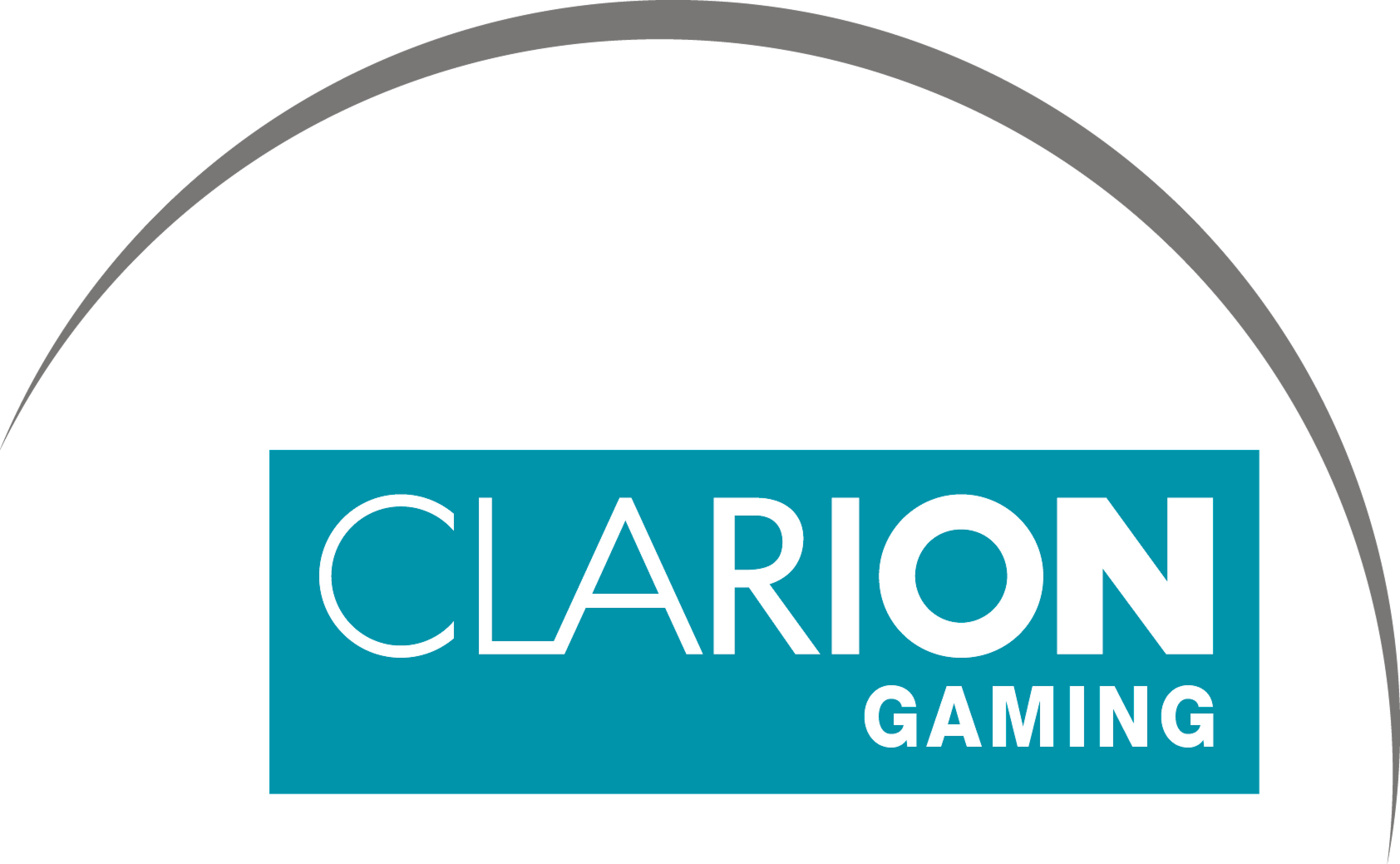Ampersand Open Space discussions unveil the evolution of the industry’s critical issues
Since 2016, we have been gathering a group of around 50 iGaming thinkers annually in London for a day of open and free-flowing discussions on topics generated by the participants themselves.
Each time the group would go over around 30-40 discussions running concurrently throughout the day in a format called Open Space, with key discussion points captured in notes.
Having re-read five sets of those notes (2017 saw the group meeting three times) recently, an evolution of topics shows how some of the most critical issues we’re facing today were only just resurfacing back in 2016, others have been a consistent reappearance with various levels of progression.
Some topics are to be expected. No Ampersand could have happened without a discussion on grey markets vs. regulating markets vs. white markets (with timely themes of Brexit, cross-jurisdictional vs. nationalistic approaches in regulation and Africa as the one jurisdiction brought up every time). As ever, conversations on innovation and content differentiation were lively and well attended, focusing on gamification, gradual rather than disruptive innovation and talent acquisition.
And then there are issues that are burning right now and it’s interesting to track their progression throughout the three years. I break them down below.
Reputation and Public Trust
Although subject to only one dedicated discussion in 2016, this topic was voted one of the top five most important ones already then, to reappear consistently through the three years of our meetings. While perhaps still marginalised three years ago as an area of interest rather than critical importance, dealt with by communications teams rather than at executive levels, it now hangs as a warning the industry was starting to be aware of, without taking it seriously enough. It is significant that back in 2016 the topic was proposed by a regulator, rather than an industry representative, who called for the cooperation of stakeholders, while few agreeing voices in the discussion were accompanied by those playing victims of both regulators and the mainstream press. This dichotomy continued in 2017 and 2018, with the balance shifting towards the painful realisation that the industry has no choice but to take control of its bad reputation in a joint effort, not because of the press headlines, but diminishing public trust. We all know where we are now, with that public trust record low, coupled with a political action that continues to intervene in what the industry thought was a non-negotiable standard.
Responsible Gambling
We know today how critical the industry’ reputation is now to restore public’s and politicians’ trust in the sector. Responsible Gambling is an important tool in making that happen. Just like with reputation, the topic of responsible gambling has been appearing consistently in the Ampersand discussions since 2016, but without a doubt its prevalence progressed from being just one out of 30 to 10+, from the one discussion about the compliance burdens of Responsible Gambling, with a hint of the upcoming ‘over regulation’, to a deep dive into the tools, innovation and technology that could be applied to improve the industry’s performance in this area, from data analytics to AI, and into an investigation of how RG could be a profit, rather than a loss centre.
Marketing, Advertising and Millennials
This is a wide-ranging area, from public narrative (in the context of reputation, as discussed above), through marketing for player acquisition and retention, social media platforms, affiliate marketing, AI and personalisation all the way to calls for more responsible advertising. And all of these areas were recurrent in our Ampersand discussions throughout the three years.
Some of the discussions were repetitive in this overarching theme, but brought each time slightly different takes on their nuances. Calls for the industry to move away from its reliance on player acquisition towards retention aren’t new at all and seem to bounce back and forth like an echo at industry conferences. But the growing focus on AI while talking about personalisation and the returning acknowledgment of the ills of the reliance on bonuses were a refreshing change in conversations from 2017 onwards.
While the exploration of AI for marketing and responsible gambling purposes is a constant theme at industry conferences, it’s been particularly interesting to see the intertwining discussions about retention, bonuses and the changing affiliate landscape (with an increasing focus on consolidation and compliance in that space). These themes are pushing the industry to think outside of the box of tried and effective tools, which are no longer considered socially responsible, to come up with more innovative ways to promote to the player. In particular as this player is a socially conscious millennial, more interested in the authenticity of eSports than a quick bonus win.
And that brings us to advertising – probably the most topical issue in the industry right now. Advertising restrictions came suddenly and as a shock. Implemented as a drastic ban in Italy first, then spreading across Europe, with new regulatory jurisdictions, like Sweden and Netherlands now making them central in their regulatory considerations. Who would have thought two years ago that we would arrive at this total overhaul?
Well, if you read through the notes of our Ampersand meetings, in particular from today’s perspective, signs were clear that this would be a likely scenario. From the continued focus on the need to change the public narrative, through recurring discussions on the over-reliance on bonuses and other outdated marketing techniques to the analogies with the alcohol and tobacco industry that can bring it to the advertising ban – the signs were there already in 2016 that the storm was coming.
Could it have been avoided?

